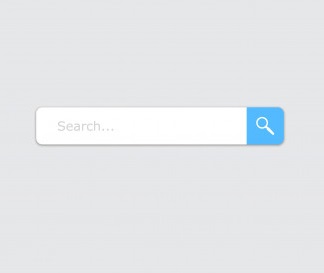Google Boss Warns of "Forgotten Century"
The vice-president of Google has warned that piles of online material – blogs, tweets, pictures, videos and official documents such as emails – could be lost forever because the programs we use to view them will no longer be functioning in the future. “Our first steps into the digital world could be lost to future historians,” Vint Cerf told the press.
Cerf says we need to develop digital methods to preserve old software and hardware so that out-of-date files can be recovered even if they are really old. “When you think about documentation from our daily lives that is captured in digital form, like our interactions by email, people’s tweets and all of the world wide web, it’s clear that we could lose an awful lot of our history,” he said. “We don’t want our digital lives to disappear. We need to make sure that the digital objects we create today can still be viewed far into the future,” he added.
Ancient civilisations did not have these problems because histories written on clay tablets or sheets of papyrus needed only eyes to read them. To study today’s culture, future scholars would be faced with PDFs, Word documents and hundreds of other file types that can only be interpreted with special software and sometimes hardware, too.
The problem is already here. In the 1980s, it was routine to save documents on floppy disks and buy computer games on cassettes. Even if the disks and cassettes are in good condition, the equipment needed to run them is now mostly found only in museums.
Cerf warns that important political and historical documents will also be lost if we do not preserve them. In 2005, American historian Doris Kearns Goodwin wrote the book ‘Team of Rivals: the Political Genius of Abraham Lincoln’. She went to libraries around the US, found the physical letters of the people involved and reconstructed their conversations. “In today’s world, those letters would be emails and the chances of finding them will be incredibly small one hundred years from now,” said Cerf.
Researchers in Pittsburgh have made progress towards finding a solution to this problem. Digital snapshots of computer hard drives are taken while they run different software programs. These can then be uploaded to a computer that copies the one the software ran on. The result is a computer that can read non-functioning files.

